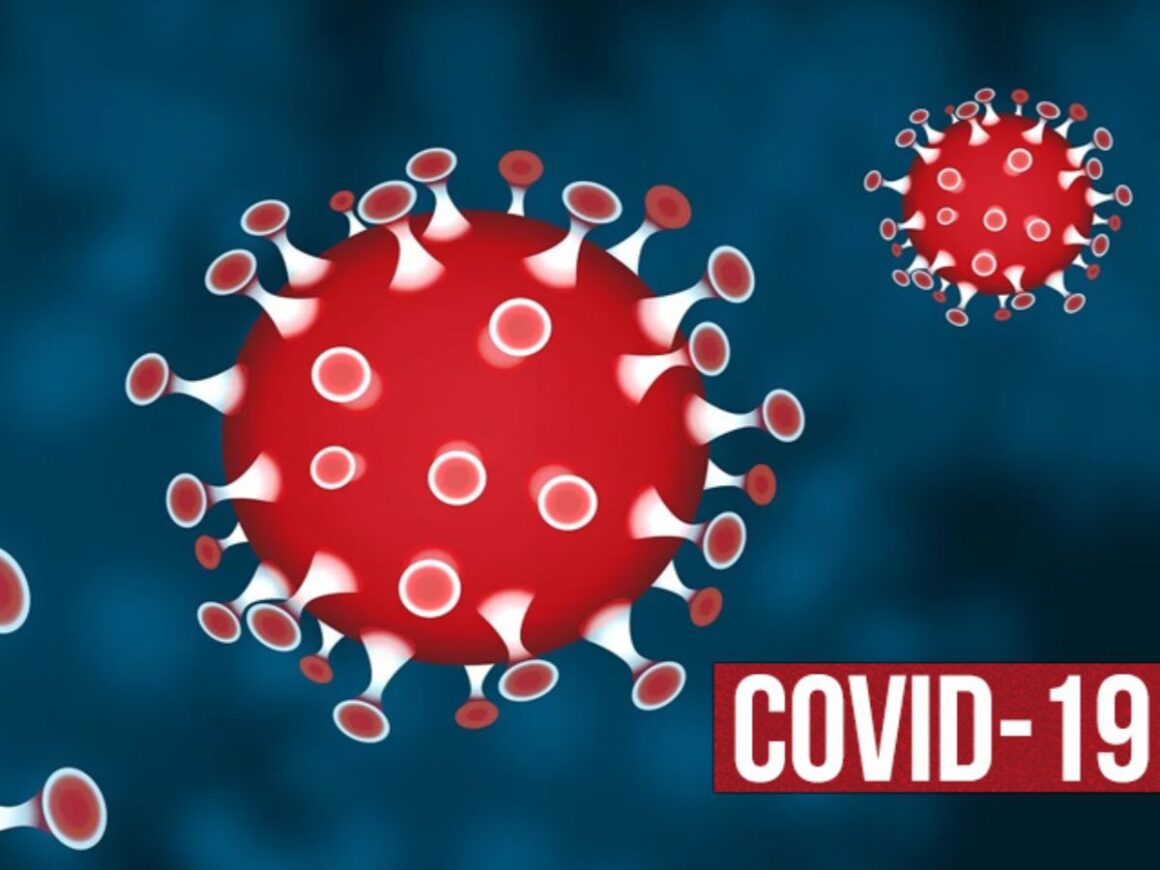New Delhi, 28 December 2024: The COVID-19 pandemic has presented unprecedented challenges to global healthcare systems, prompting extensive research into effective treatment strategies. One area of focus has been the use of anticoagulants, commonly known as blood thinners, to manage the heightened risk of blood clots associated with severe COVID-19 infections. Recent studies have explored whether higher doses of anticoagulants could reduce mortality rates among hospitalized COVID-19 patients.
Understanding Anticoagulation in COVID-19
COVID-19 has been linked to increased blood clot formation, leading to complications such as venous thromboembolism (VTE), stroke, and organ failure. This hypercoagulable state has prompted the use of anticoagulants to prevent clot formation. The standard approach involves prophylactic (preventive) doses, but the potential benefits of therapeutic (higher) doses have been under investigation.
Key Studies and Findings
- Meta-Analysis of Anticoagulant Treatment RegimensA comprehensive meta-analysis published in the Clinical Pharmacology & Therapeutics journal examined data from 10 trials involving over 5,000 hospitalized COVID-19 patients. The analysis compared higher-dose anticoagulation with prophylactic-dose anticoagulation. The findings indicated that higher-dose anticoagulation did not significantly reduce mortality compared to prophylactic doses. While there was a reduction in the risk of venous thromboembolism, this benefit was offset by an increased risk of major bleeding. Consequently, the study concluded that routine use of higher-dose anticoagulation in hospitalized COVID-19 patients is not supported by the evidence. ASCPT Journals
- FREEDOM-COVID TrialThe FREEDOM-COVID trial, presented at the American College of Cardiology’s Annual Scientific Session, evaluated the efficacy of higher-dose anticoagulation in non-critically ill hospitalized COVID-19 patients. The study found that while higher doses did not significantly improve the combined outcomes of death, ICU admission, confirmed blood clots, or stroke at 30 days, there was a notable 30% reduction in mortality and a decrease in the need for mechanical ventilation among patients receiving higher-dose anticoagulation. Importantly, this was achieved without a significant increase in major bleeding events. American College of Cardiology
- Retrospective Propensity Score-Weighted AnalysisA retrospective study published in the European Journal of Haematology analyzed data from 3,480 hospitalized COVID-19 patients. The study reported that higher doses of anticoagulation were associated with lower mortality rates compared to prophylactic doses. However, the increased anticoagulation was also linked to a higher incidence of major bleeding events, highlighting the need for careful patient selection and monitoring. PubMed
- Therapeutic Anticoagulation in Critically Ill PatientsResearch published in the New England Journal of Medicine focused on critically ill COVID-19 patients. The study concluded that therapeutic-dose anticoagulation did not increase the probability of survival to hospital discharge or the number of days free of cardiovascular or respiratory organ support compared to usual-care pharmacologic thromboprophylaxis. There was also a high probability that therapeutic-dose anticoagulation was inferior to usual-care thromboprophylaxis concerning these outcomes. The New England Journal of Medicine
Clinical Implications
The collective findings from these studies suggest that while higher-dose anticoagulation may offer benefits in specific subsets of COVID-19 patients, such as non-critically ill individuals with early signs of lung damage, it is not universally advantageous and carries an increased risk of major bleeding. Therefore, the routine use of therapeutic-dose anticoagulation in all hospitalized COVID-19 patients is not recommended. Clinical decisions should be individualized, considering factors such as disease severity, bleeding risk, and patient comorbidities.
The relationship between anticoagulation dosing and mortality in COVID-19 patients is complex. While higher doses of anticoagulants may reduce mortality and the need for mechanical ventilation in certain non-critically ill patients, they do not provide a universal benefit and may increase the risk of major bleeding. Ongoing research is essential to refine anticoagulation strategies, ensuring that benefits are maximized while minimizing potential harms. Clinicians should continue to base anticoagulation decisions on the latest evidence, tailored to individual patient profiles.

